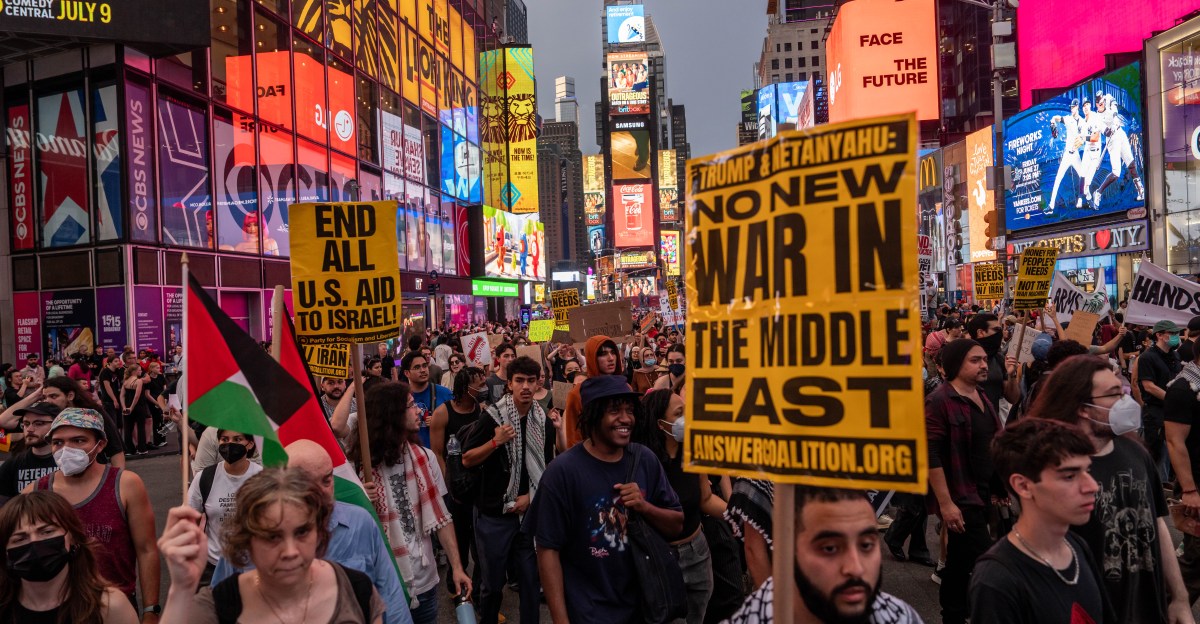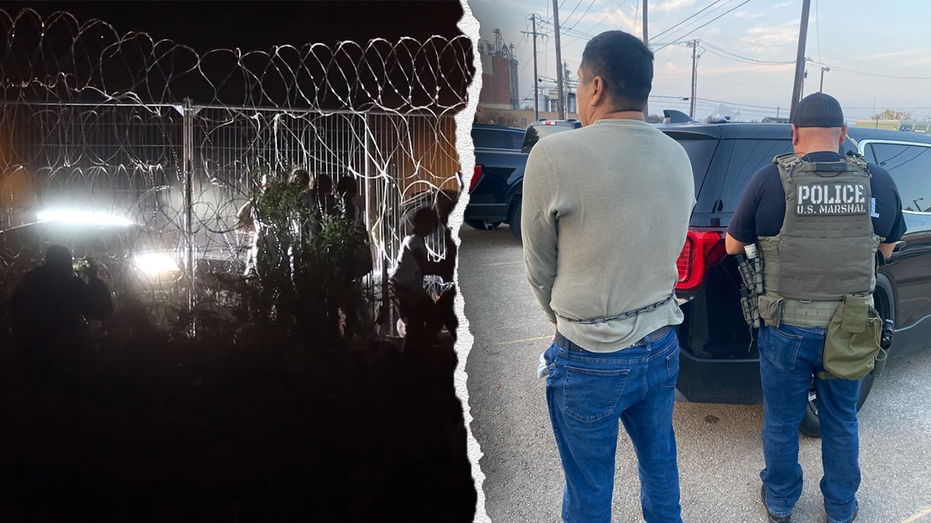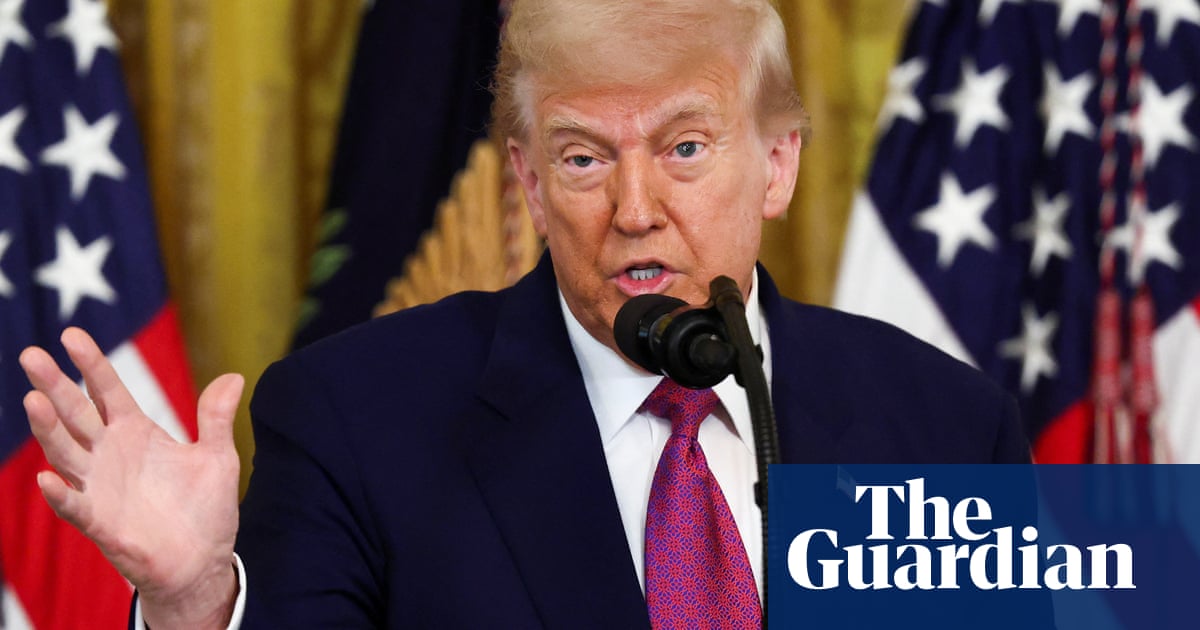U.S. Strikes on Iran’s Nuclear Facilities Spark Global Tensions

NEW YORK CITY – Over the weekend, the United States launched a series of airstrikes on three nuclear facilities in Iran, escalating tensions in an already volatile region. The strikes are part of President Donald Trump’s ongoing strategy to curb Iran’s nuclear ambitions, a policy focus since the 1979 Iranian Revolution.
Immediate Impact
The airstrikes have raised questions about their effectiveness and the potential for unintended consequences. President Trump has long asserted that Iran must not be allowed to possess nuclear weapons, but the rapid escalation from threat to action has surprised many observers. Initially, Trump had given Iran a two-week ultimatum, yet authorized the strikes just two days later.
“I may or I may not do it,” Trump had stated, illustrating his unpredictability doctrine, a hallmark of his foreign policy strategy.
Key Details Emerge
Defense Secretary Pete Hegseth reported that the strikes had “devastated the Iranian nuclear program,” yet Iran has downplayed the damage. The discrepancy between U.S. and Iranian accounts highlights the uncertainty surrounding the success of the operation.
Trump claims the facilities were “obliterated,” but the International Atomic Energy Agency warns of potential clandestine sites.
Strategic Concerns
Experts warn that military strikes, while seemingly decisive, may not yield the desired long-term outcomes. The possibility of Iran rebuilding its nuclear capabilities cannot be discounted, as evidenced by past events like the Stuxnet cyberattack in 2010, which temporarily disrupted but did not dismantle Iran’s nuclear program.
Expert Analysis
Dr. Jane Smith, a professor of international relations at Royal Holloway, University of London, suggests that Trump’s unpredictability doctrine may backfire on the global stage. “Foreign policy is not business,” she notes, emphasizing that strategies effective in corporate negotiations may not translate to international diplomacy.
Regional Implications
The strikes have intensified the already fraught relationship between the U.S. and Iran. Iran’s supreme leader, Ayatollah Ali Khamenei, has warned of “irreparable damage” to bilateral relations, and the potential for retaliation remains high.
Iran has indicated that the strikes will have “everlasting consequences,” complicating any future diplomatic efforts.
Background Context
The current situation builds on a history of tension between the U.S. and Iran, exacerbated by Trump’s withdrawal from the Joint Comprehensive Plan of Action in 2018. This agreement, aimed at limiting Iran’s nuclear capabilities in exchange for lifting economic sanctions, was deemed inadequate by Trump.
Critics argue that exiting the deal has made diplomatic solutions more challenging, as Iran may be less willing to engage in negotiations with a party perceived as unreliable.
What Comes Next
While Trump has hinted at regime change, he has also left the door open for diplomacy. However, the recent strikes complicate this path, as Iran remains steadfast in its resistance to threats.
The international community, including countries involved in the original nuclear deal, continues to advocate for a peaceful resolution. The U.S. may need to reconsider its approach to avoid further escalation and potential conflict.
As the situation unfolds, the world watches closely, aware that the implications of these strikes could reverberate far beyond the immediate region.






